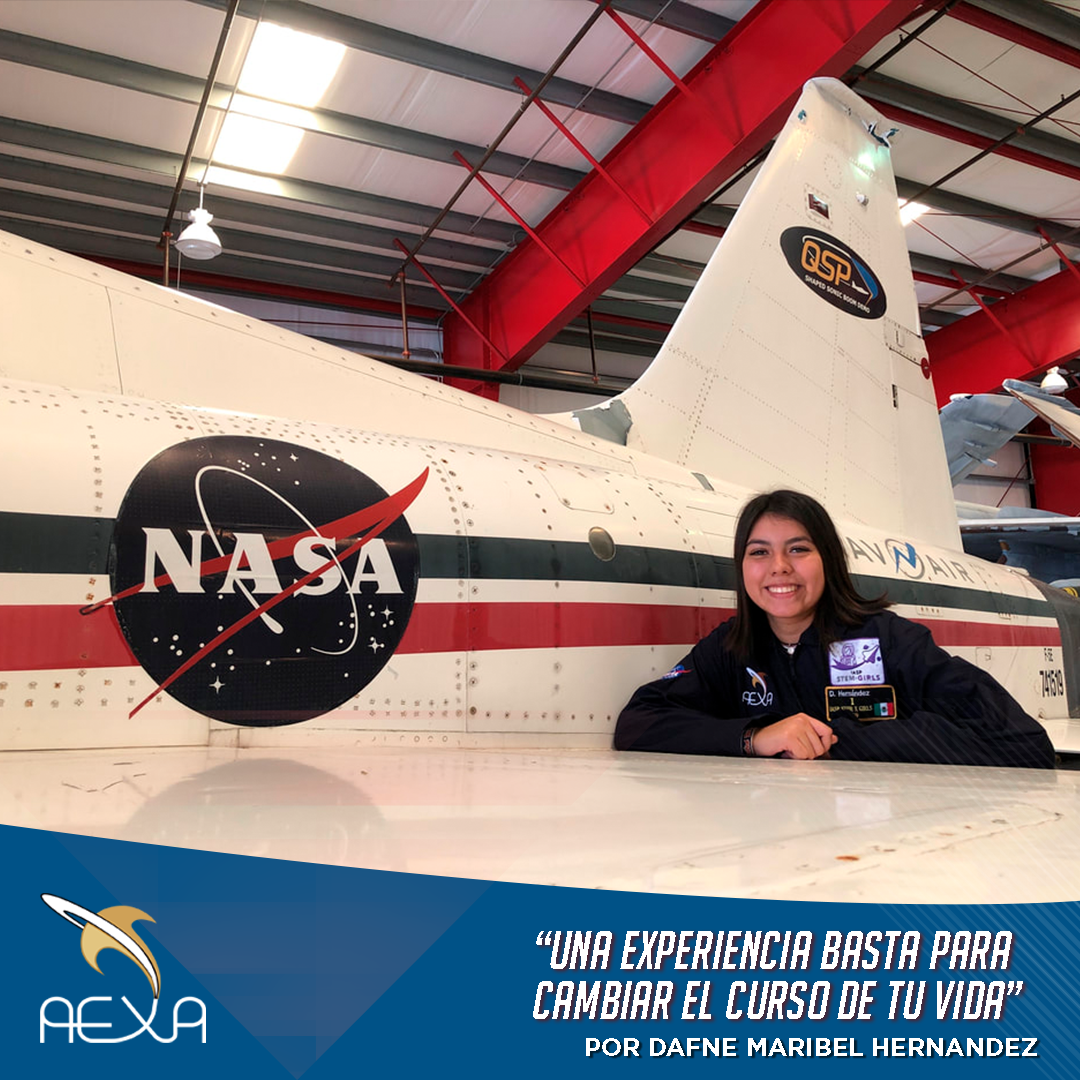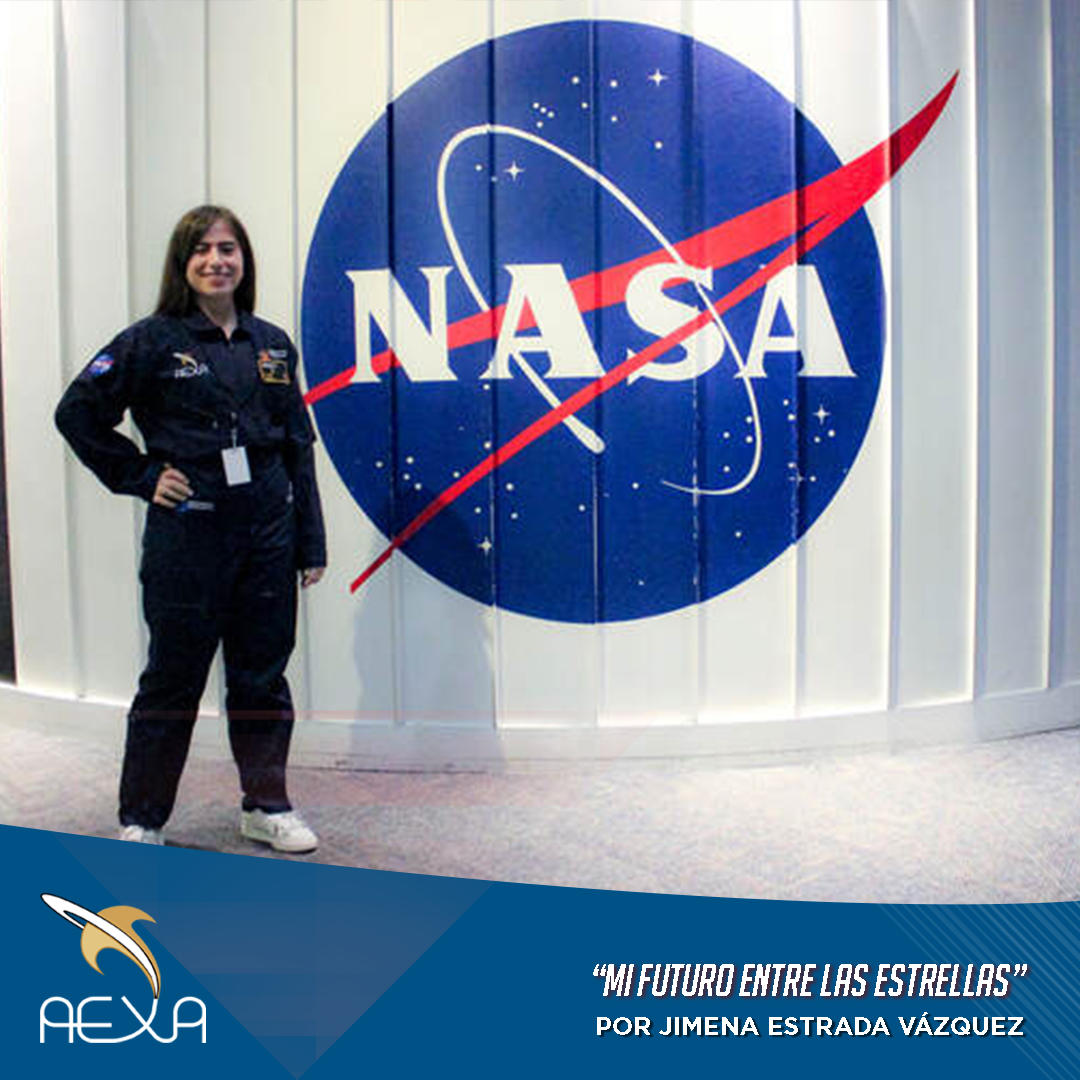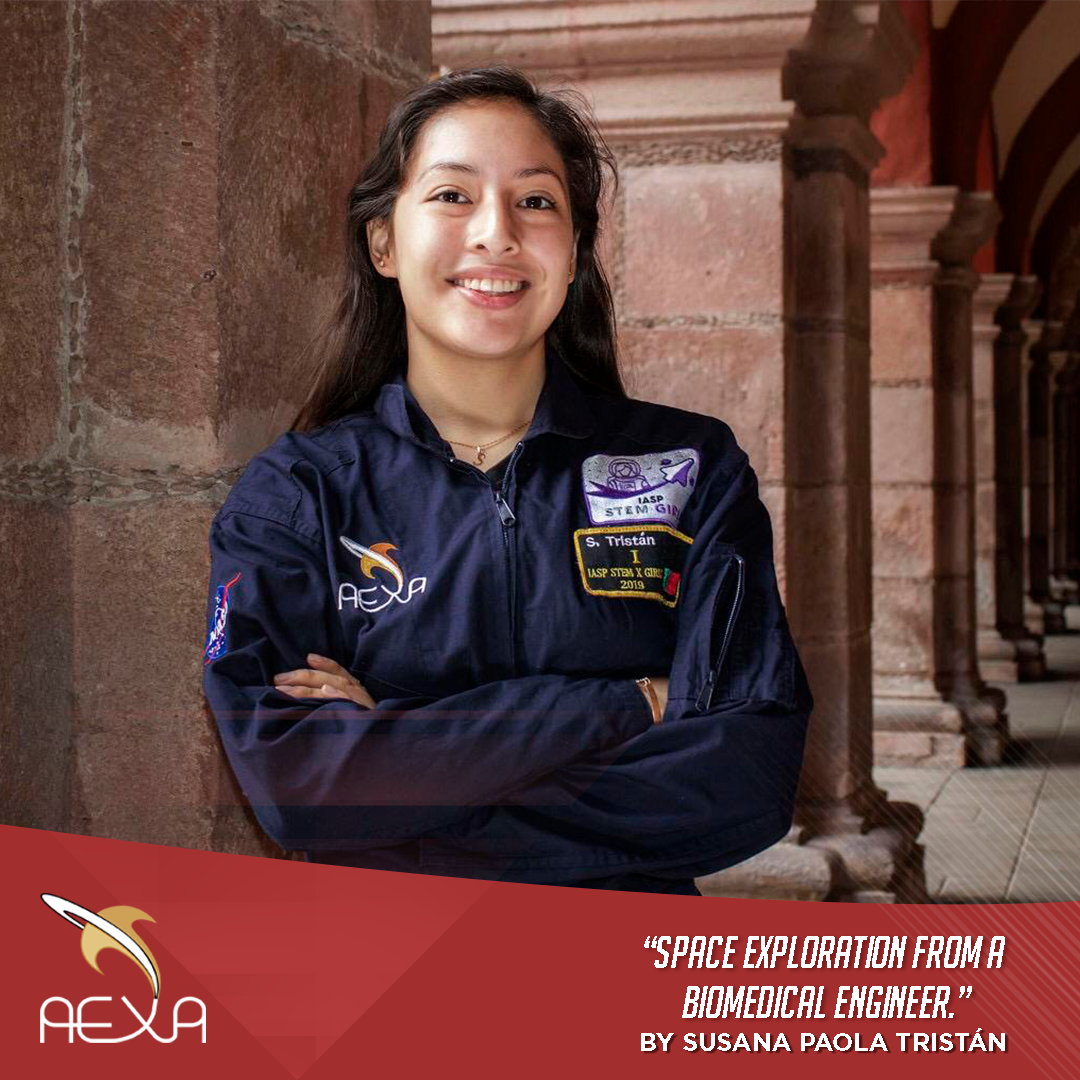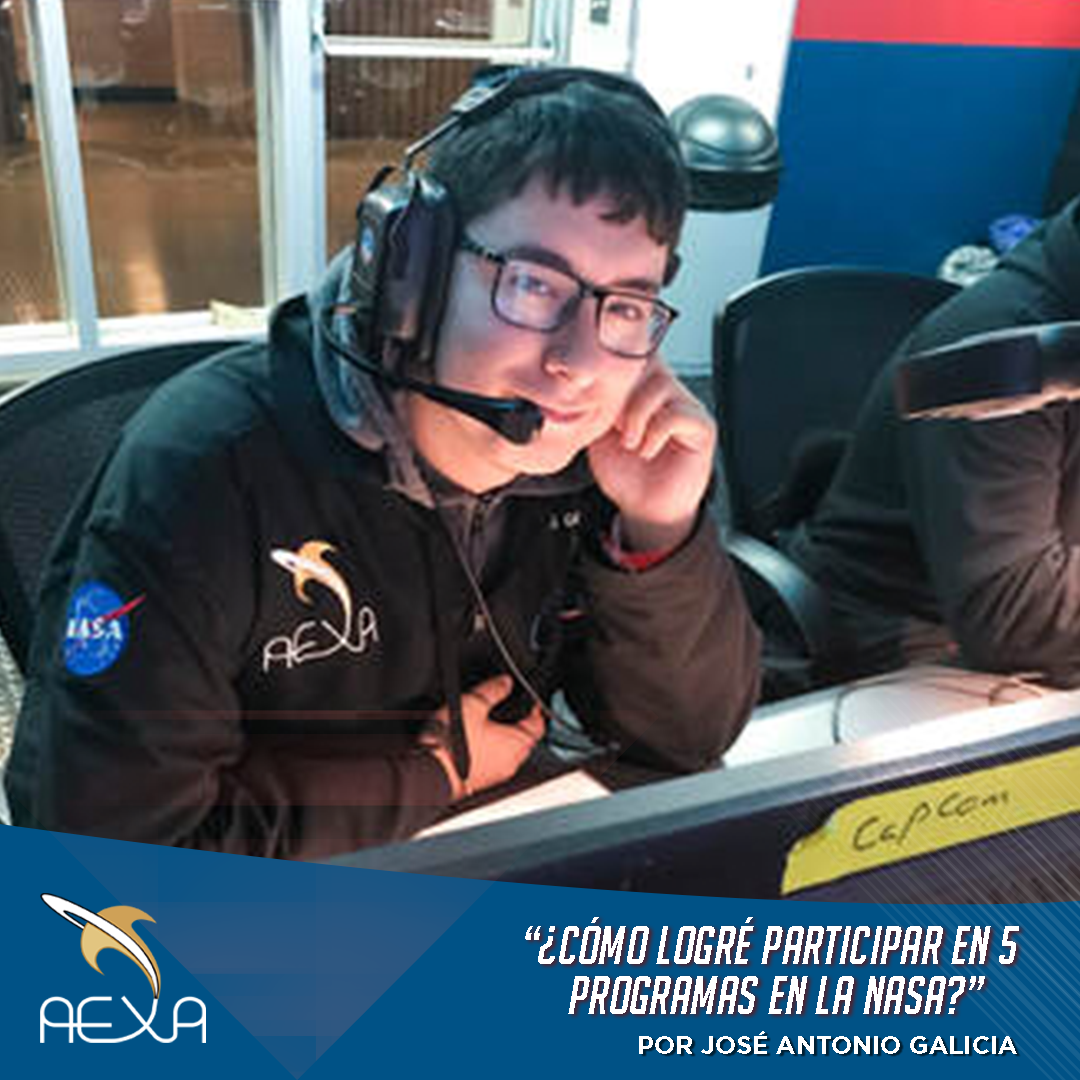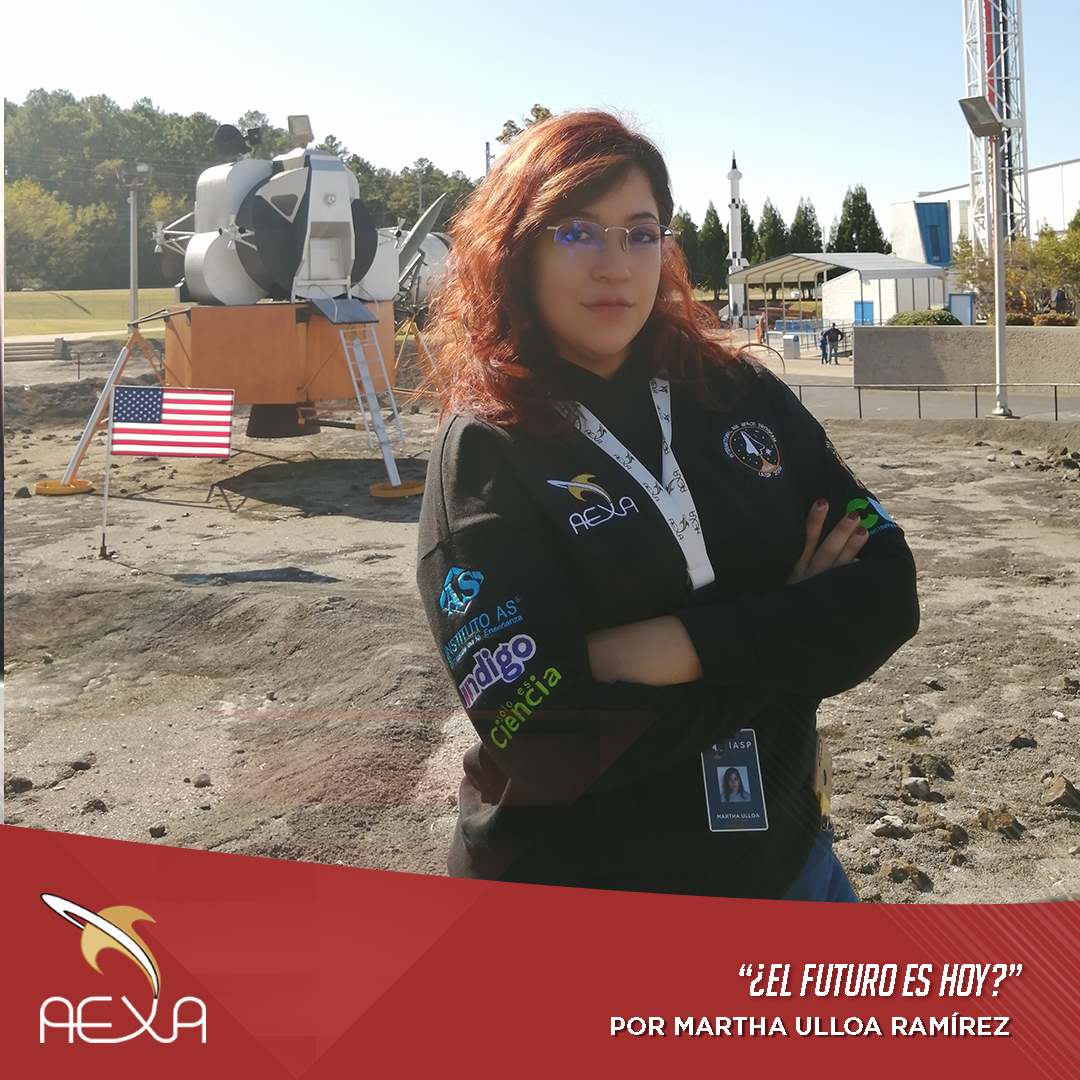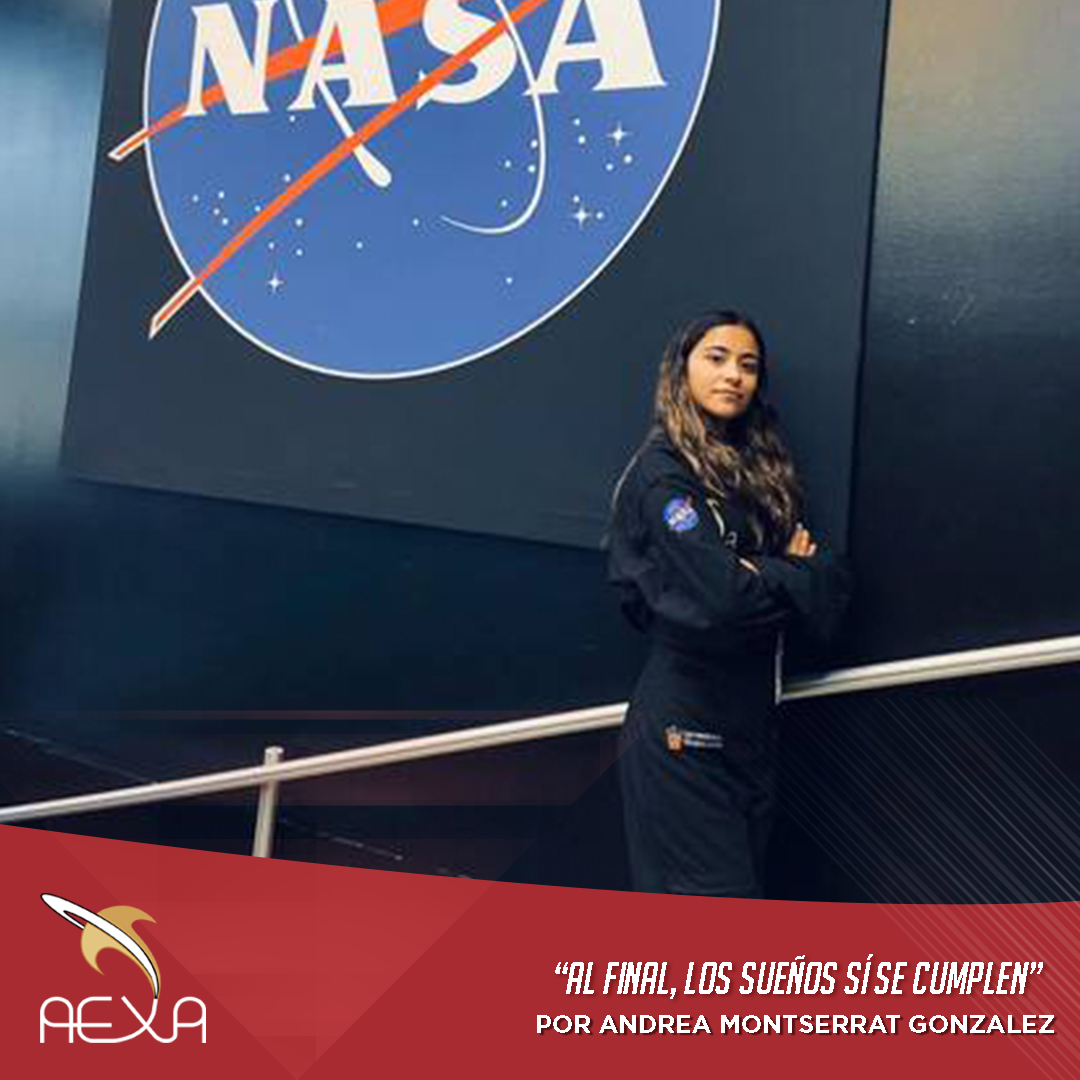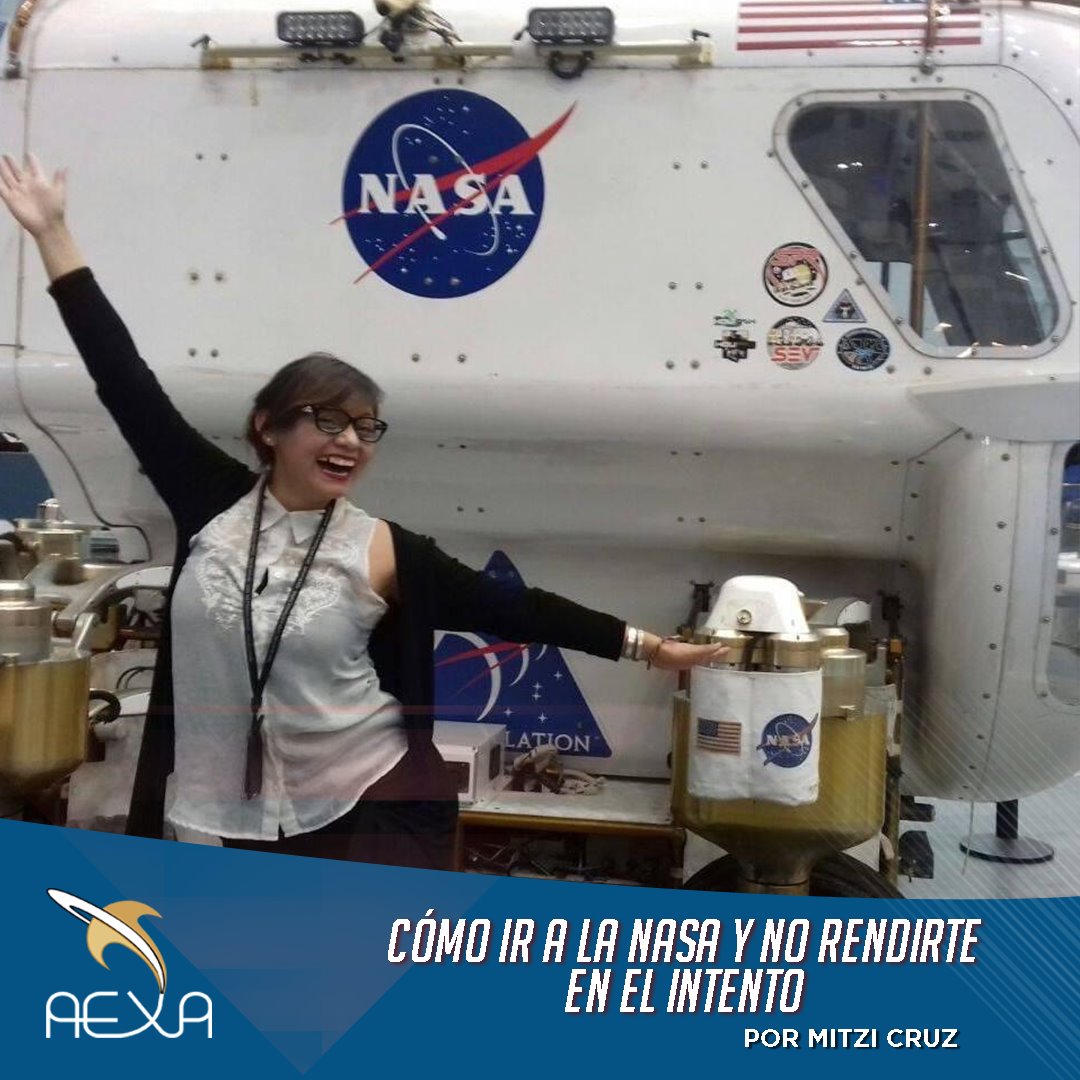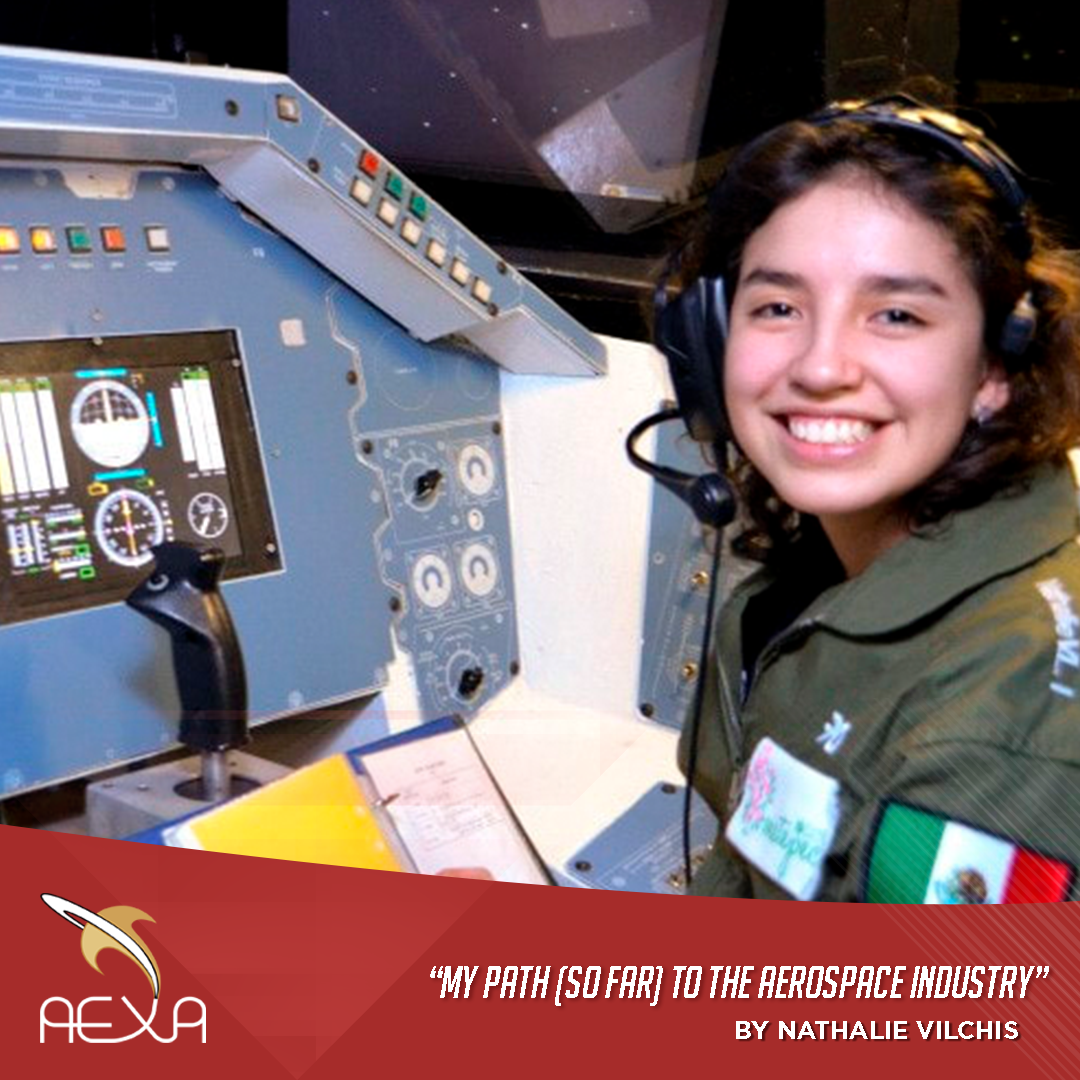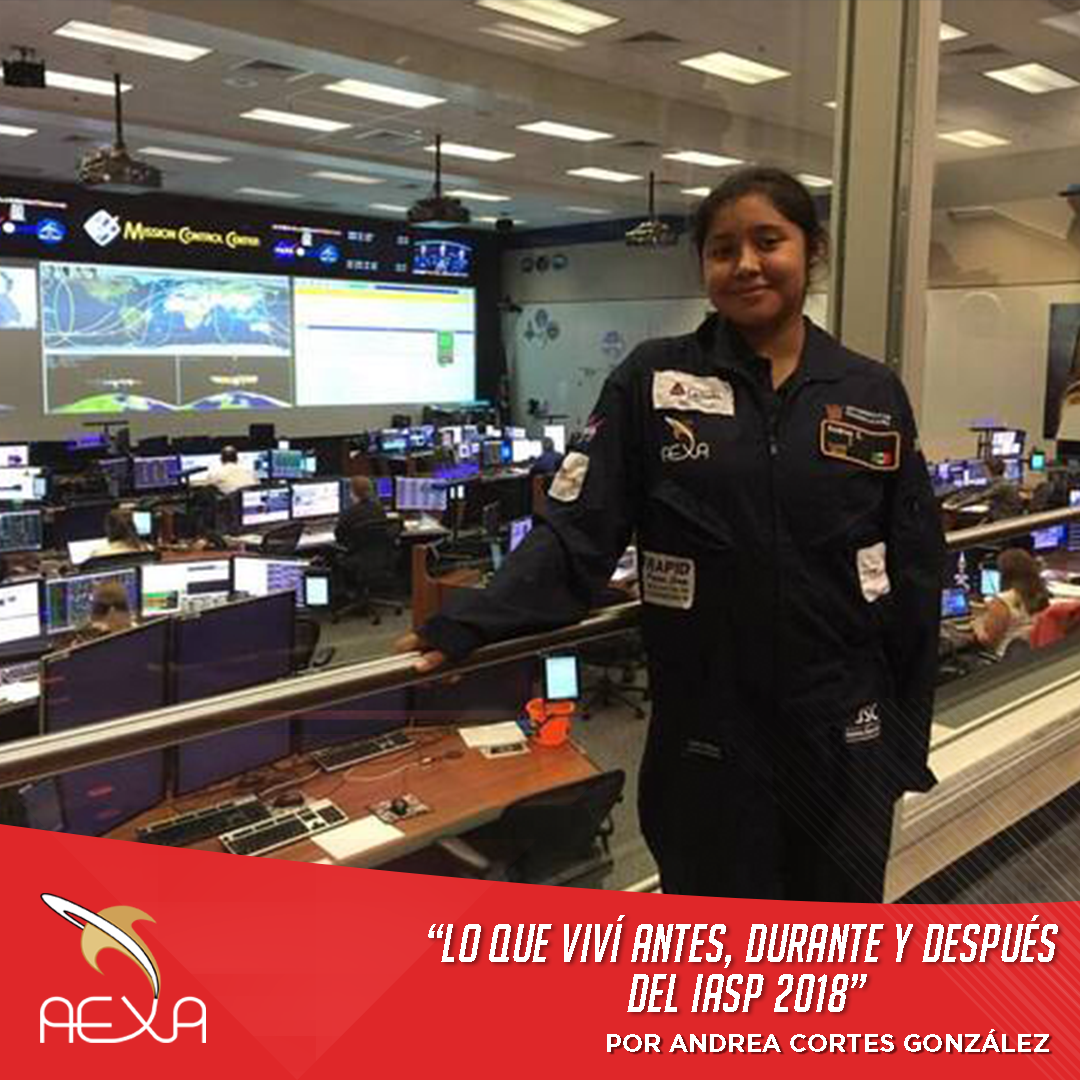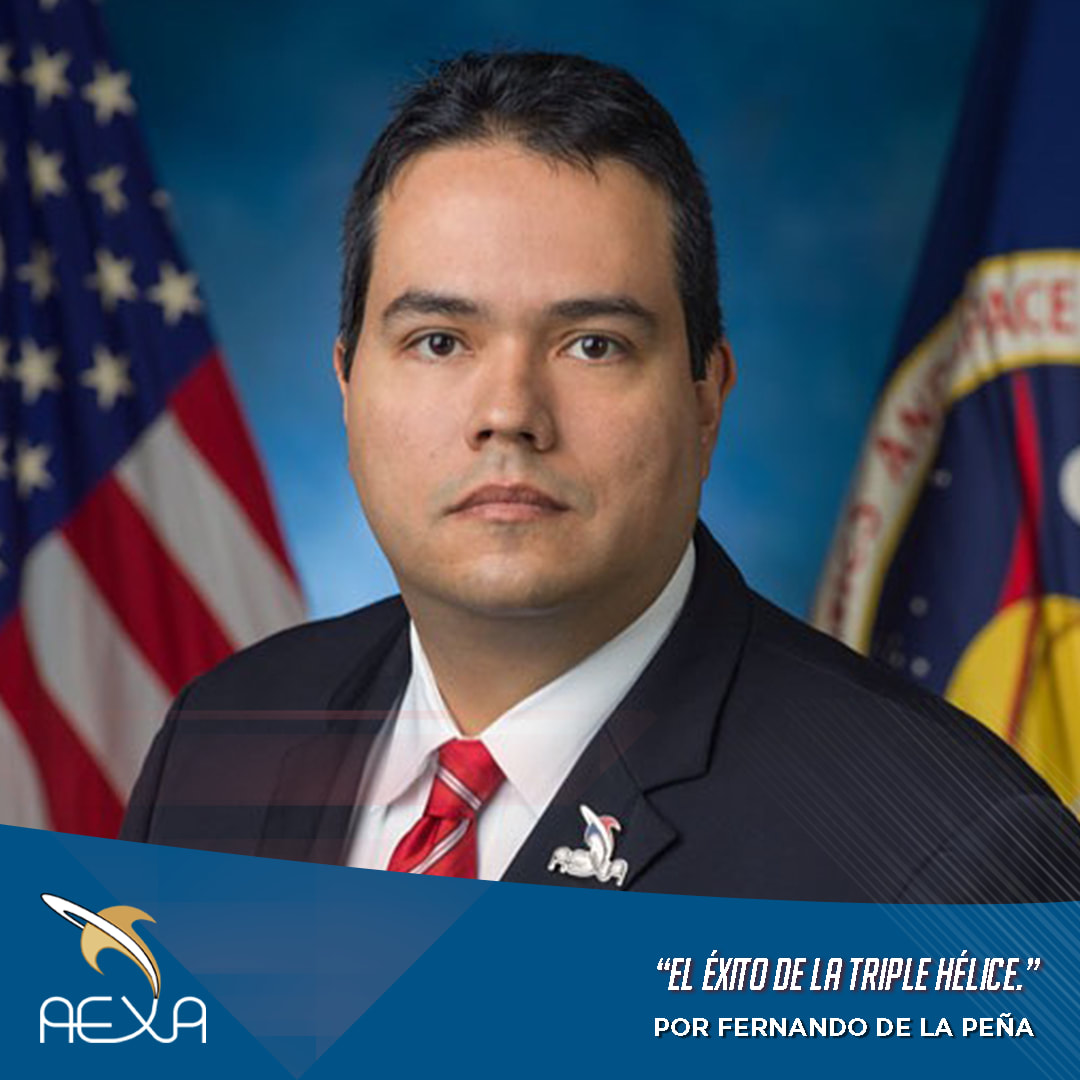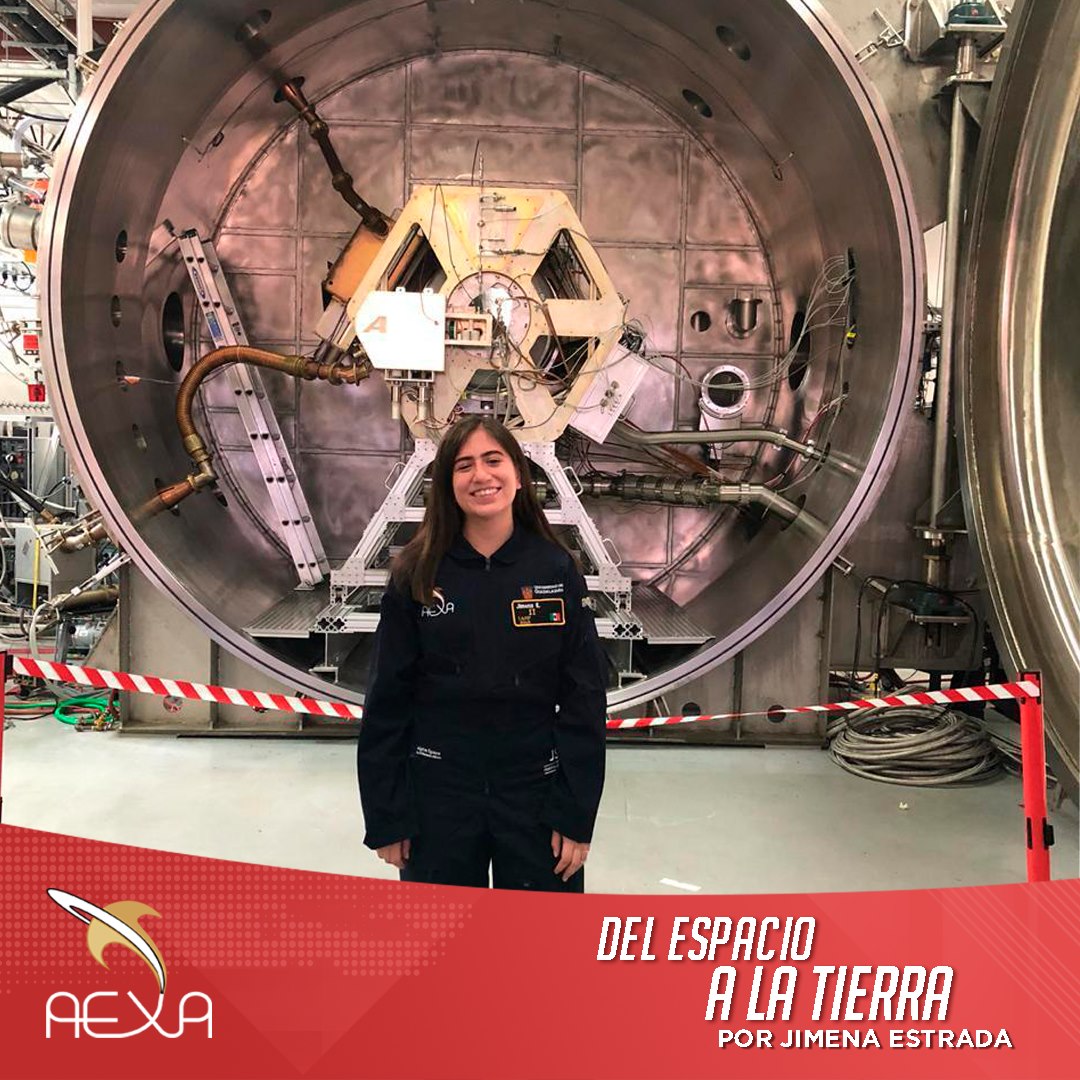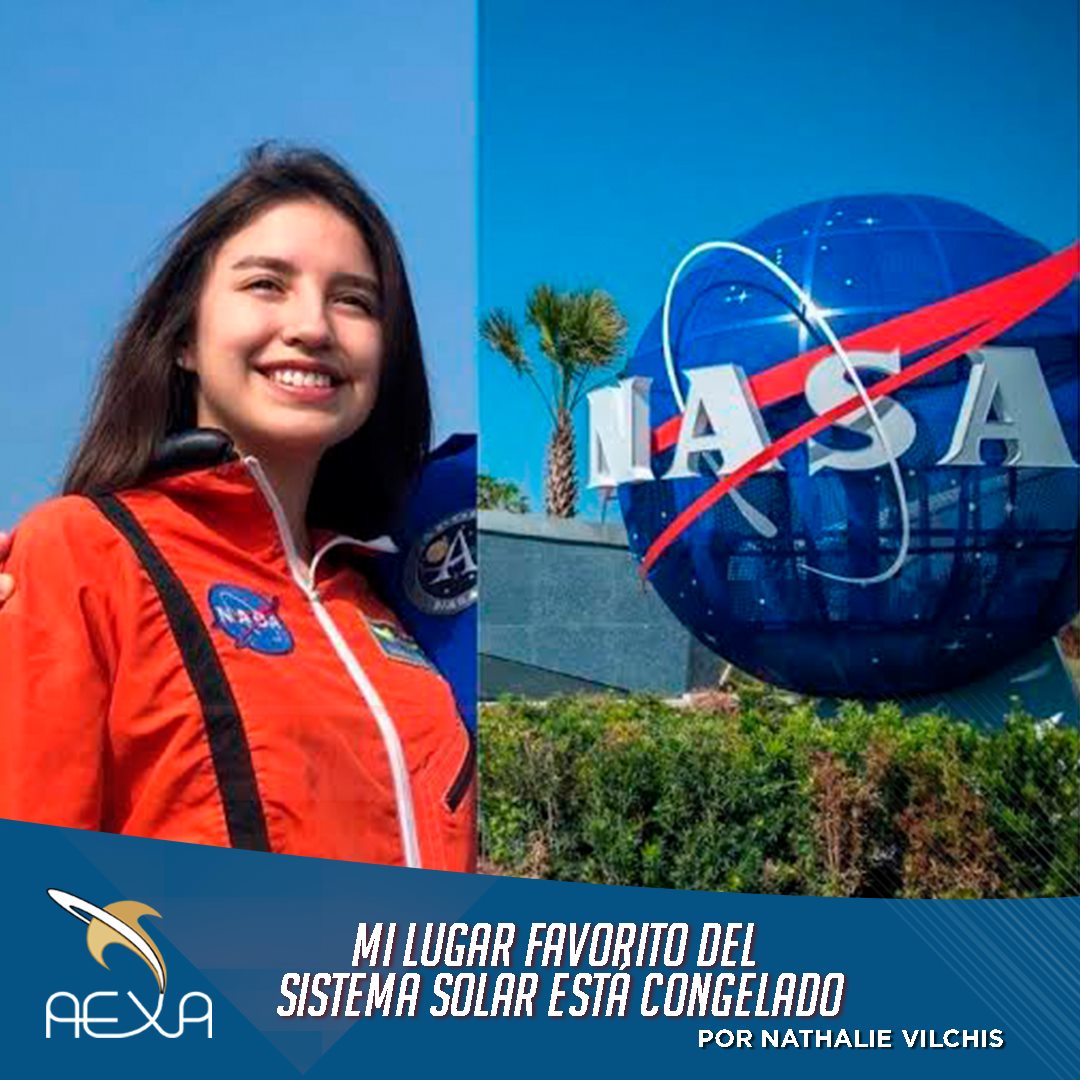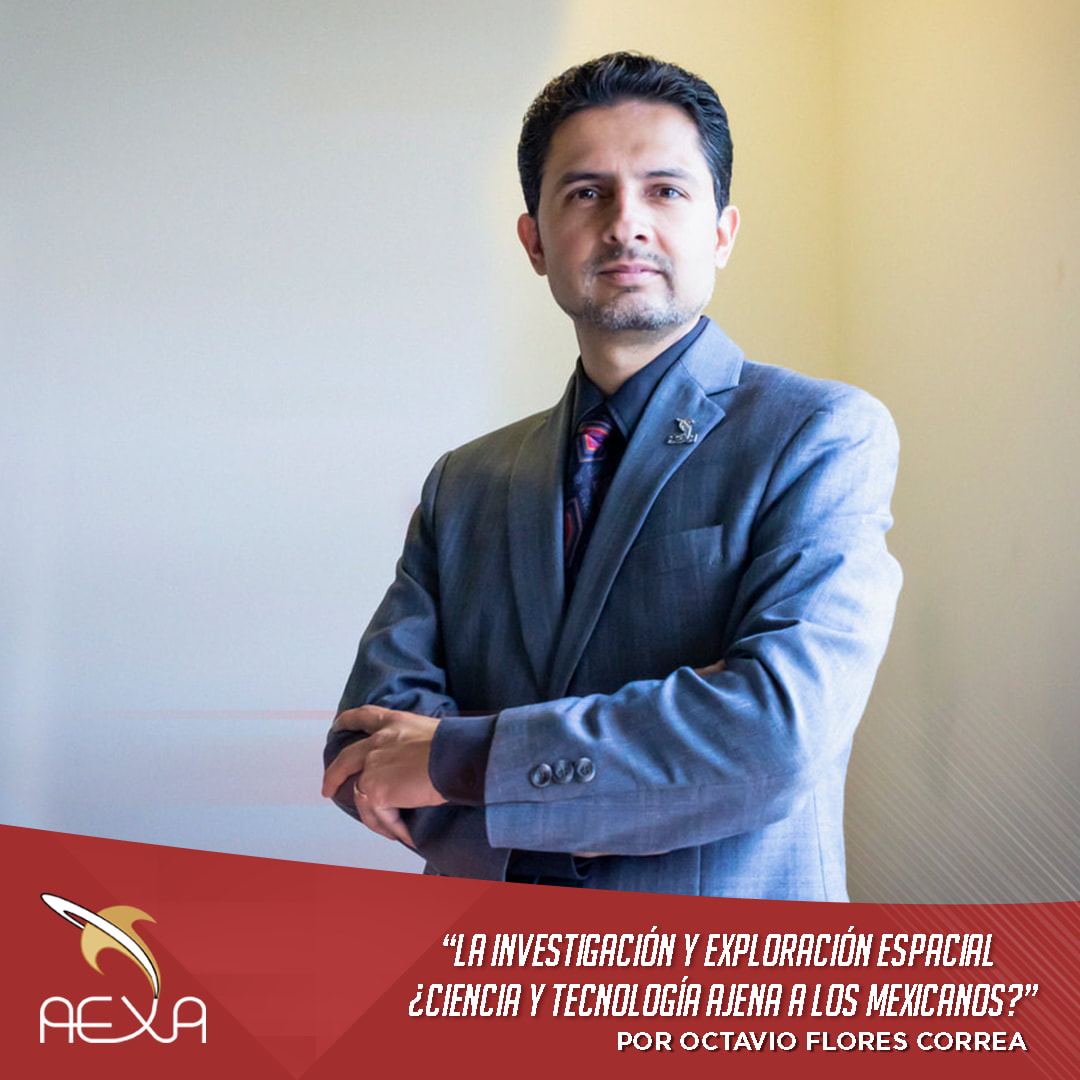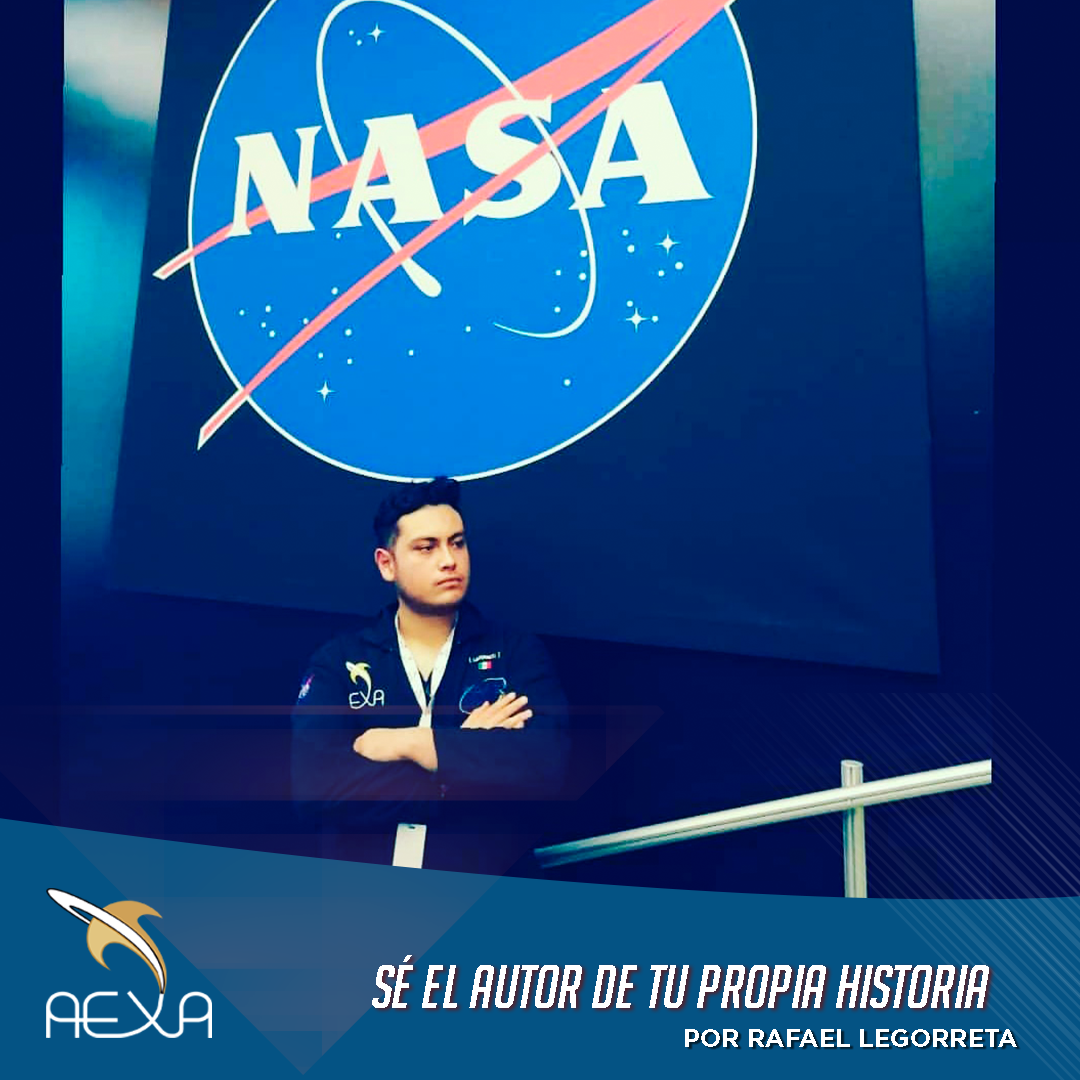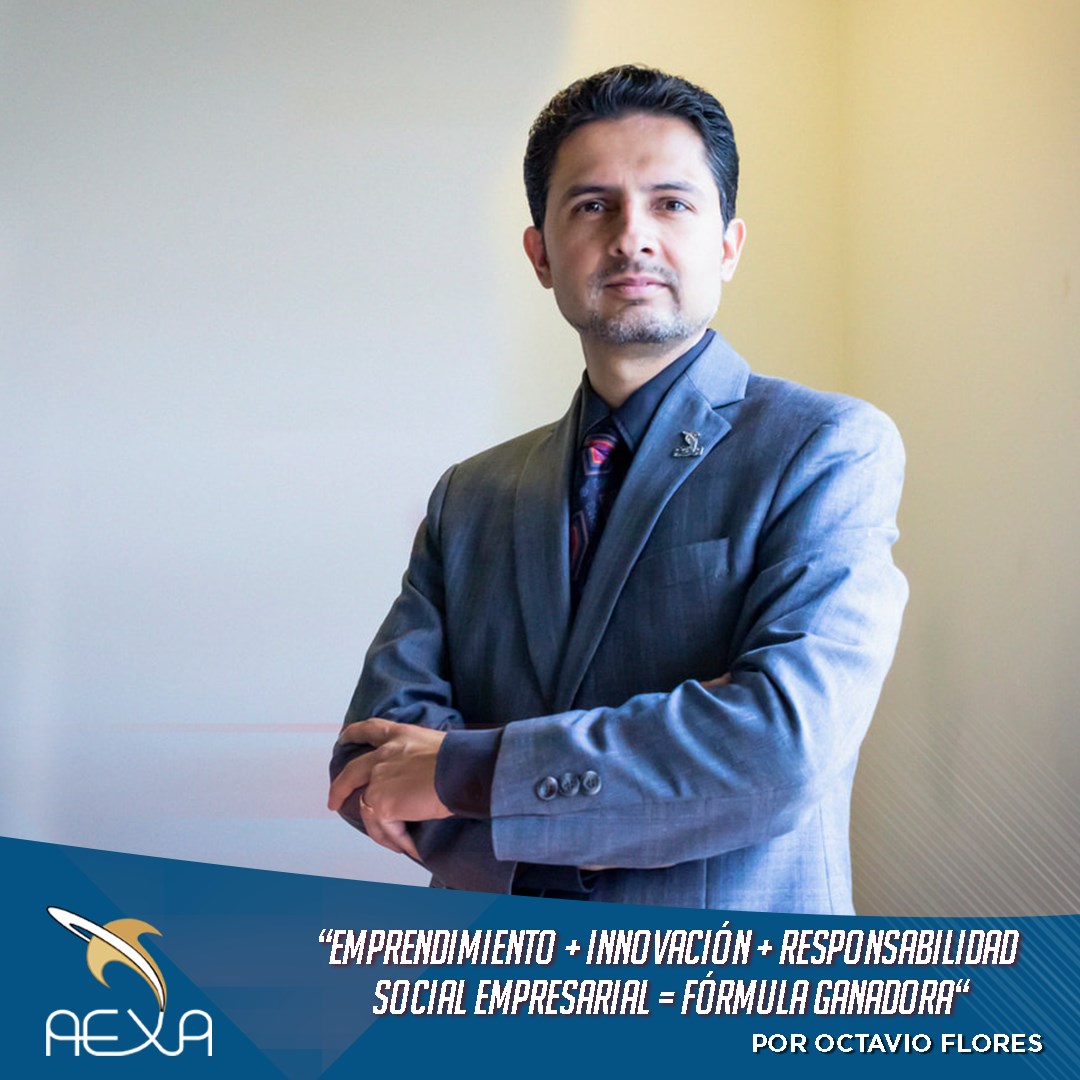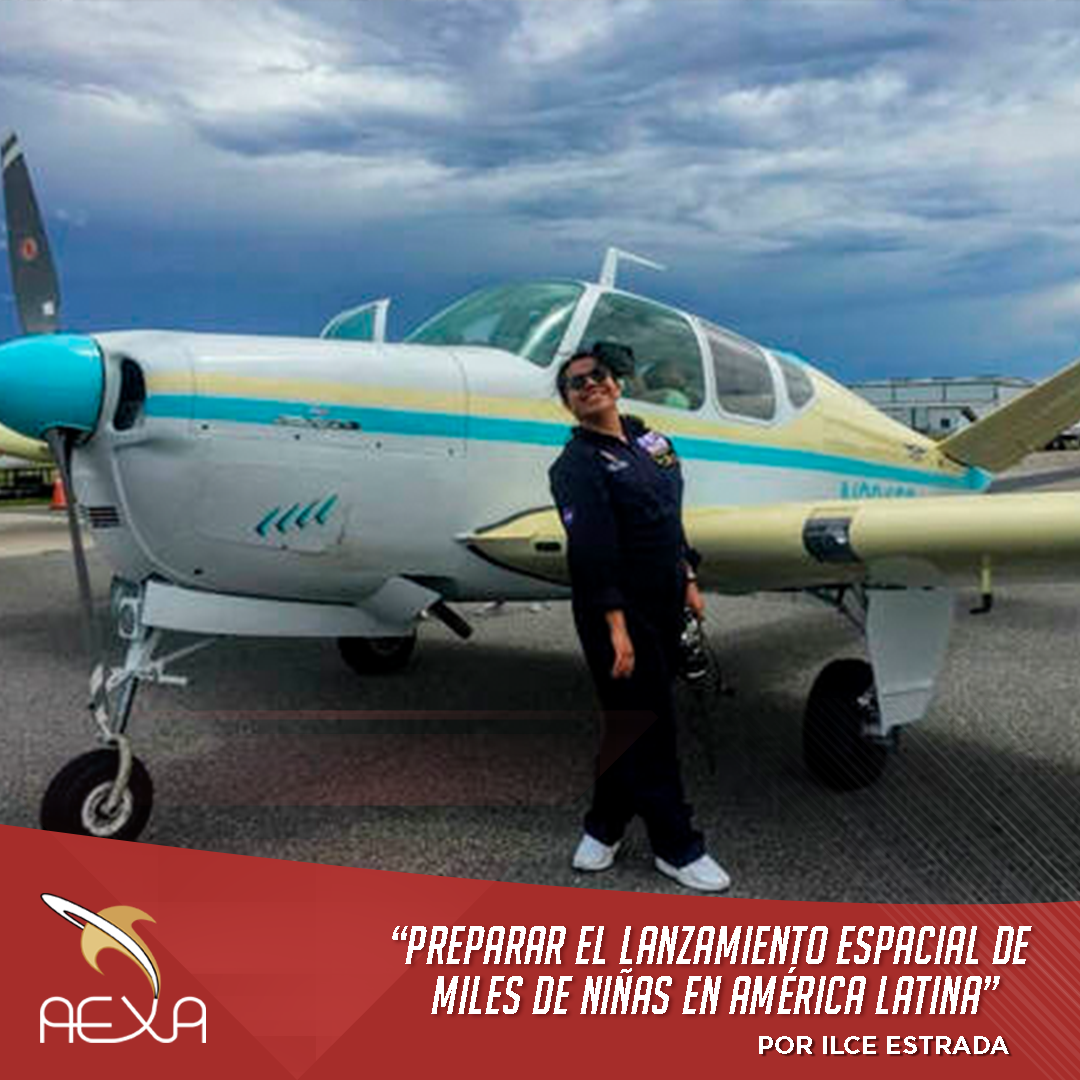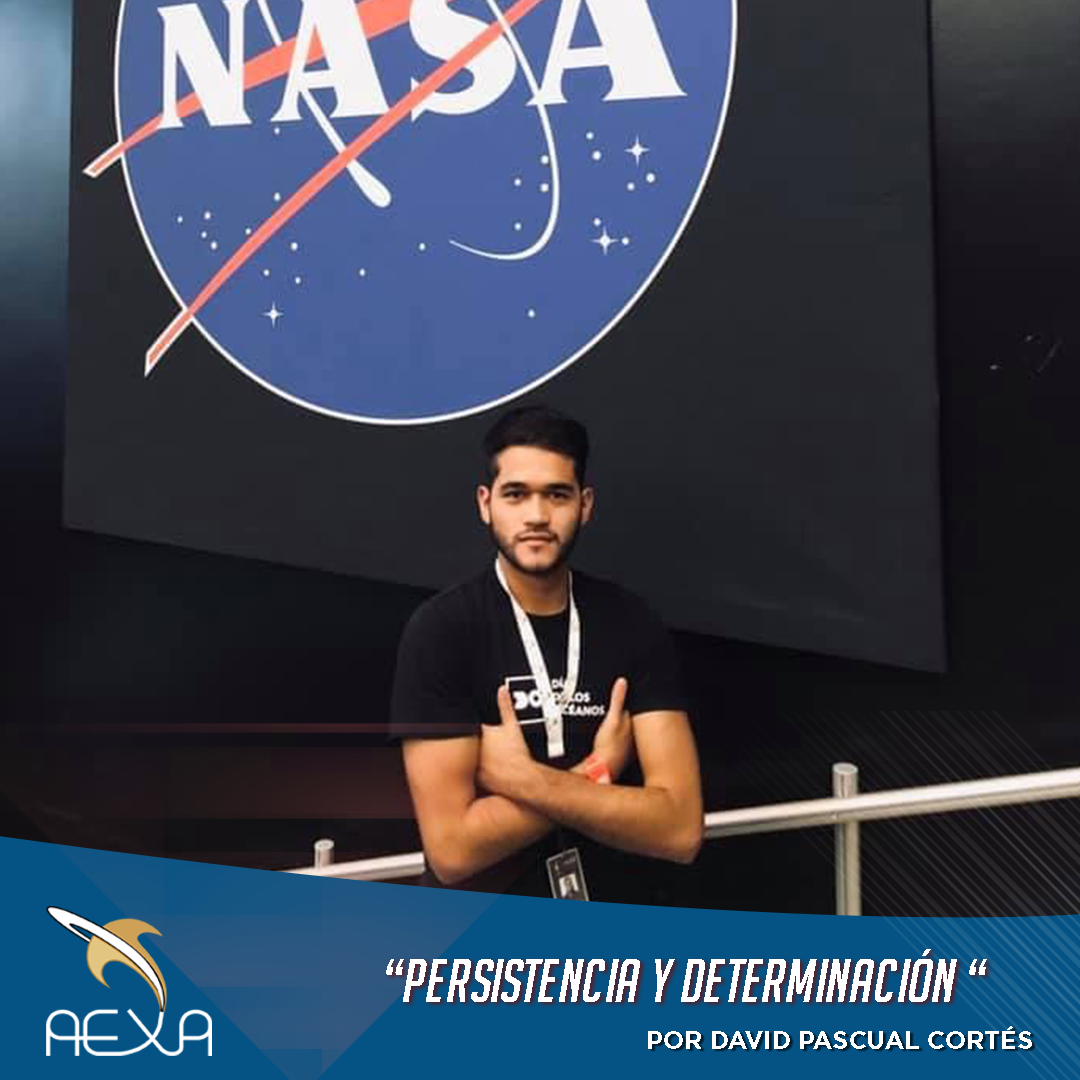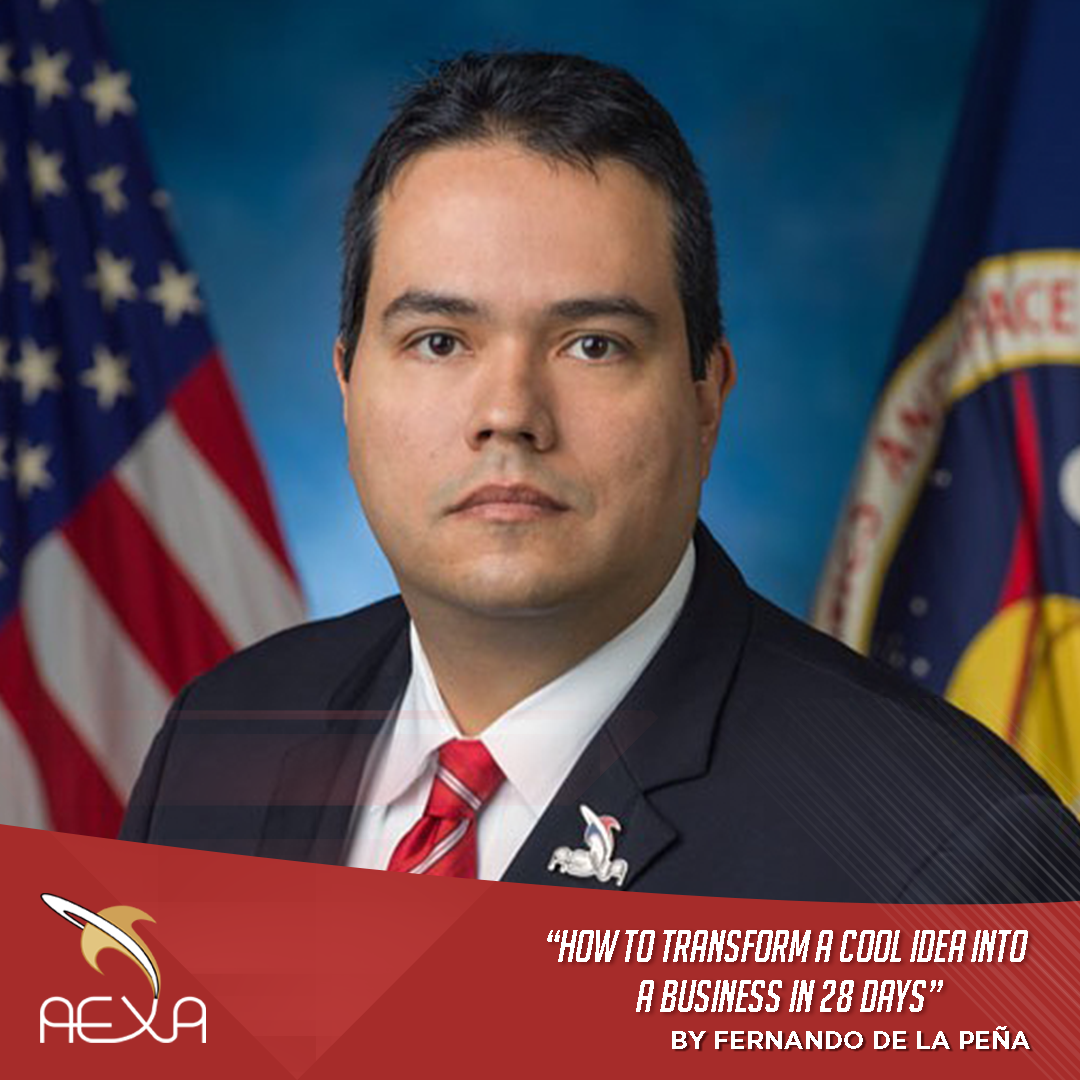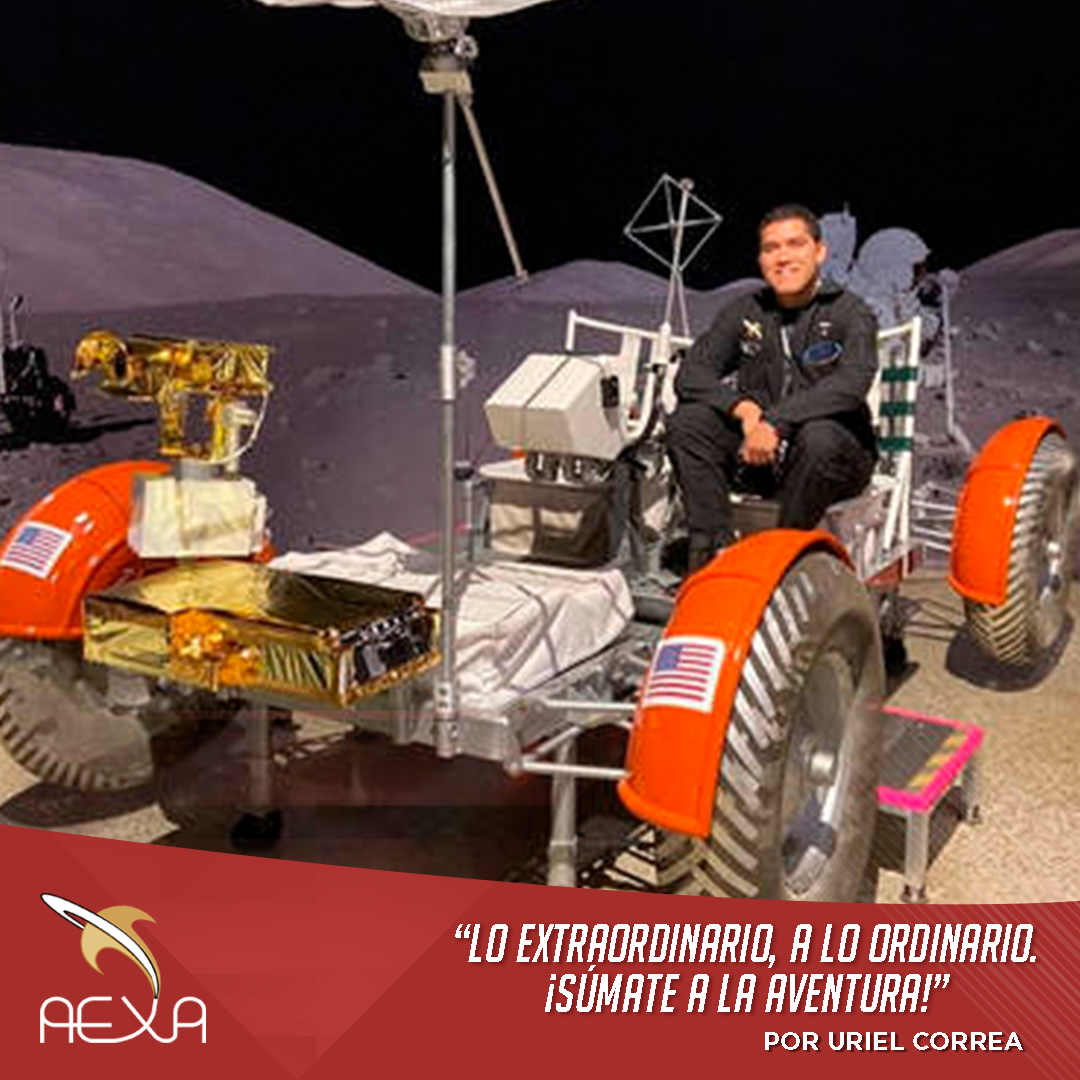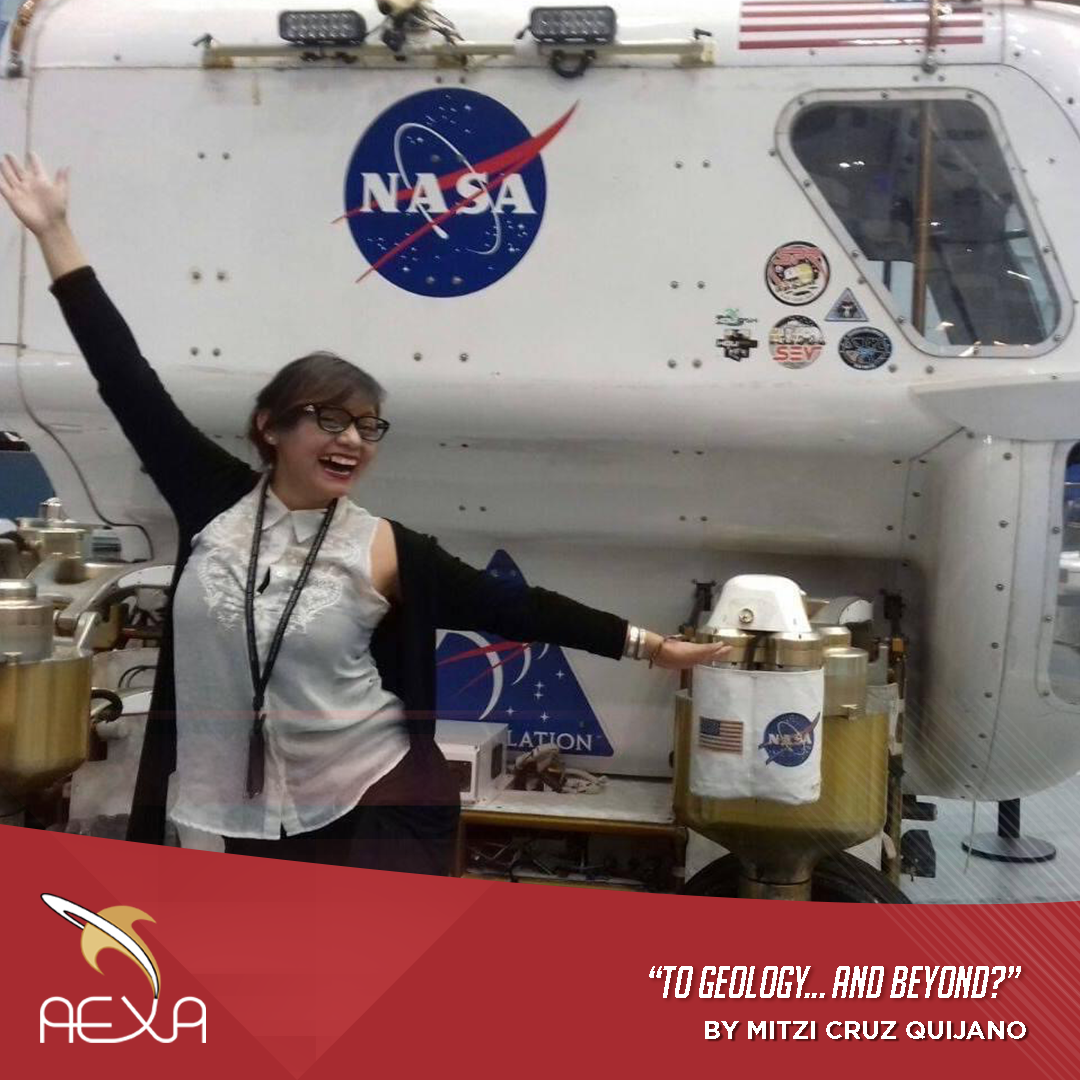|
Dice Mark Miodownik, reconocido científico de materiales, “La historia de los materiales es realmente la historia de la civilización.” La domesticación y el desarrollo de materiales como la piedra, los metales, los sintéticos, entre otros, han sido piezas clave para el desarrollo tecnológico y con ello el avance evolutivo como civilización; el desarrollo de estos materiales ha sido esencial para lograr grandes hazañas como la llegada a Marte.
RADIAL es una startup mexicana, ubicada en Jalisco, dedicada al desarrollo de materiales a partir de procesos de biofabricación. Para ello se utiliza como materia prima residuos vegetales provenientes de la industria agrícola, principalmente de la industria tequilera, y a partir del crecimiento natural de hongos, es posible transformar estos residuos en materiales de consumo para distintas industrias manufactureras.
Todos estos materiales son cultivados en laboratorio a partir de hongos que se alimentan de residuos de la industria agrícola, materiales totalmente libres de plástico que al fin de su vida útil son 100% reintegrables al suelo. Utilizar organismos vivos para cultivar materiales representa un nuevo paradigma hacia los procesos lineales de fabricación; la bio-fabricación como modelo de economía circular, es parte del inicio de la siguiente revolución industrial, una revolución que en alianza con procesos biológicos está por transformar gran parte de las industrias como las conocemos hoy en día. A pesar de esto el desarrollo de nuevas tecnologías y su implementación en distintas industrias conlleva un trabajo de investigación y desarrollo en conjunto con distintas áreas de expertise.
Un vuelo espacial que logró 5,408 órbitas con un recorrido total de 137,904,000 millas durante el cual los materiales crecidos en laboratorio a partir de residuos vegetales de la industria tequilera y hongos fueron expuestos a características extremas para testear su durabilidad. 11 meses después, en enero del 2022, las muestras regresaron a la tierra, obteniendo como resultado muestras que siguen manteniendo sus características físicas. 1 año orbitando bajo las características extremas del espacio representa hasta 15 años en la tierra, con lo cual se pudo comprobar que los materiales desarrollados en RADIAL pueden cumplir con sus características de desempeño por un tiempo prolongado, siempre y cuando se mantengan fuera de condiciones de erosión (agua, sol y microorganismos), por el contrario, si estos materiales se someten a dichas condiciones, su tiempo de biodegradación será cercano a los 45 días.
Esta vinculación con AEXA representa para RADIAL un gran avance en los procesos de investigación y desarrollo de la tecnología en proceso, y es de suma importancia para continuar con el desarrollo de nuevos materiales, que, así como lo hicieron en la edad de piedra o la edad de los metales, marque una nueva era en nuestro desarrollo como civilización, esta vez a partir de materiales que son verdaderamente compatibles con la naturaleza. RADIAL BIOMATERIALSThe domestication and development of materials such as stone, metals, and synthetics, among others, have played a key role in technological development and evolutionary advance as a civilization; the development of these materials has been essential to achieving terrific feats like the arrival on Mars.
RADIAL is a Mexican start-up in Jalisco dedicated to developing materials from biomanufacturing processes. For this purpose, plant residues from the agricultural industry, mainly from the tequila industry, and from the natural growth of fungi, are used as raw materials; it is possible to transform this waste into consumer materials for different manufacturing industries. Currently, there is a development of an expanded polystyrene alternative known in Mexico as Unicel or dry ice suited as a 100% compostable packaging material. This same material can increase its density and resistance, thus being able to replace agglomerated woods such as MDF or OSB in industrial design or interior design applications; it is practically wood without cutting a single tree. And on the other hand, there is also the development of a flexible material substitute for animal leather and faux leather, able to act as a material for the textile industry free of intensive livestock processes All these materials are grown in the laboratory from fungi that feed on waste from the agricultural industry, completely free plastic materials that, at the end of their useful life, are 100% refundable to the soil. Using living organisms to grow materials represents a new paradigm for linear manufacturing processes. Bio-manufacturing as a circular economy model is part of the beginning of the next industrial revolution, a revolution that, allying with biological procedures, is about to transform much of the industries as we know them today. Despite this, the new technologies development and implementation in different fields entail research and advancement work in conjunction with various areas of expertise. After 3 years of development in laboratory conditions and, allying with AEXA and History Channel through "An idea to change history" in February 2021, RADIAL materials could be part of the materials experimentation module within the MISSE-14 mission. The objective: is to check the durability and performance characteristics of biomaterials manufactured under extreme space conditions. A space flight that achieved 5,408 orbits with a total journey of 137,904,000 miles during which materials grown in a laboratory from vegetable residues of the tequila industry and fungi were exposed to extreme characteristics to test their durability.
Thanks to these performance tests, we were able to validate the lifespan of our materials, which allows us to verify that these are suitable for use as packaging material, which being in the hold in boxes, protected from erosion conditions, will meet its performance characteristics, but once it is sought to be discarded, it will be able to integrate into the soil easily and without generating a considerable environmental impact. This link with AEXA represents for RADIAL a significant advance in the processes of research and development of the technology in the process and, is of utmost importance to continue with the development of new materials, that, as they did in the stone age or the age of metals, mark a new era in our evolution as a civilization, this time from materials that are genuinely compatible with nature.
0 Comments
|
CategoriesBLOGS anterioresArchivos
June 2025
|
Contact us
Parque Lincoln, Anatole France 51, Polanco V Sección, CP 11560 CDMX.
Tel. 5579661224
Tel. 5579661224
Legal
© Copyright 2025 | All Rights Reserved | Privacy Policy
Aplicaciones Extraordinarias Aeroespaciales AEXA SA de CV
Aplicaciones Extraordinarias Aeroespaciales AEXA SA de CV
International Air and Space Program y AEXA son marcas registradas.













